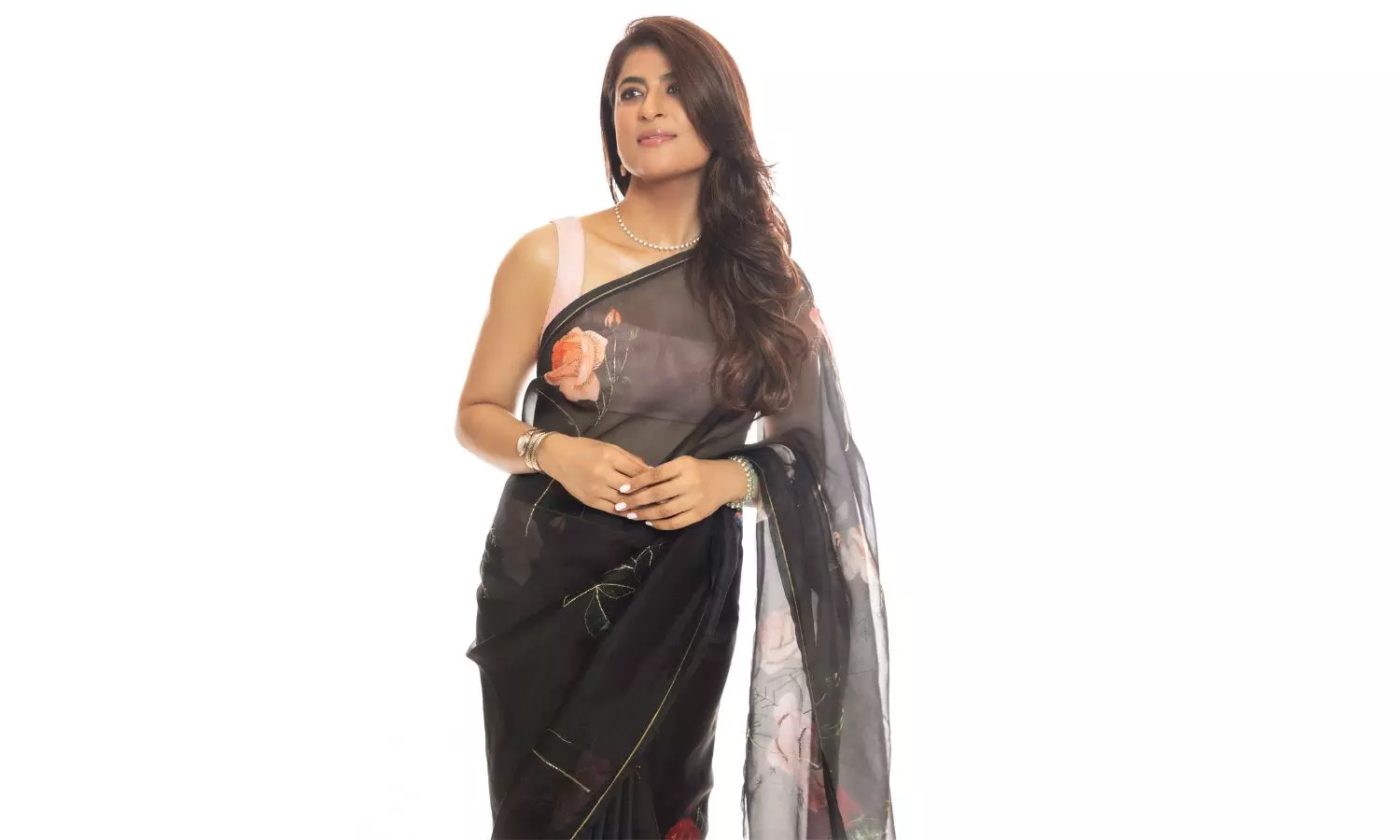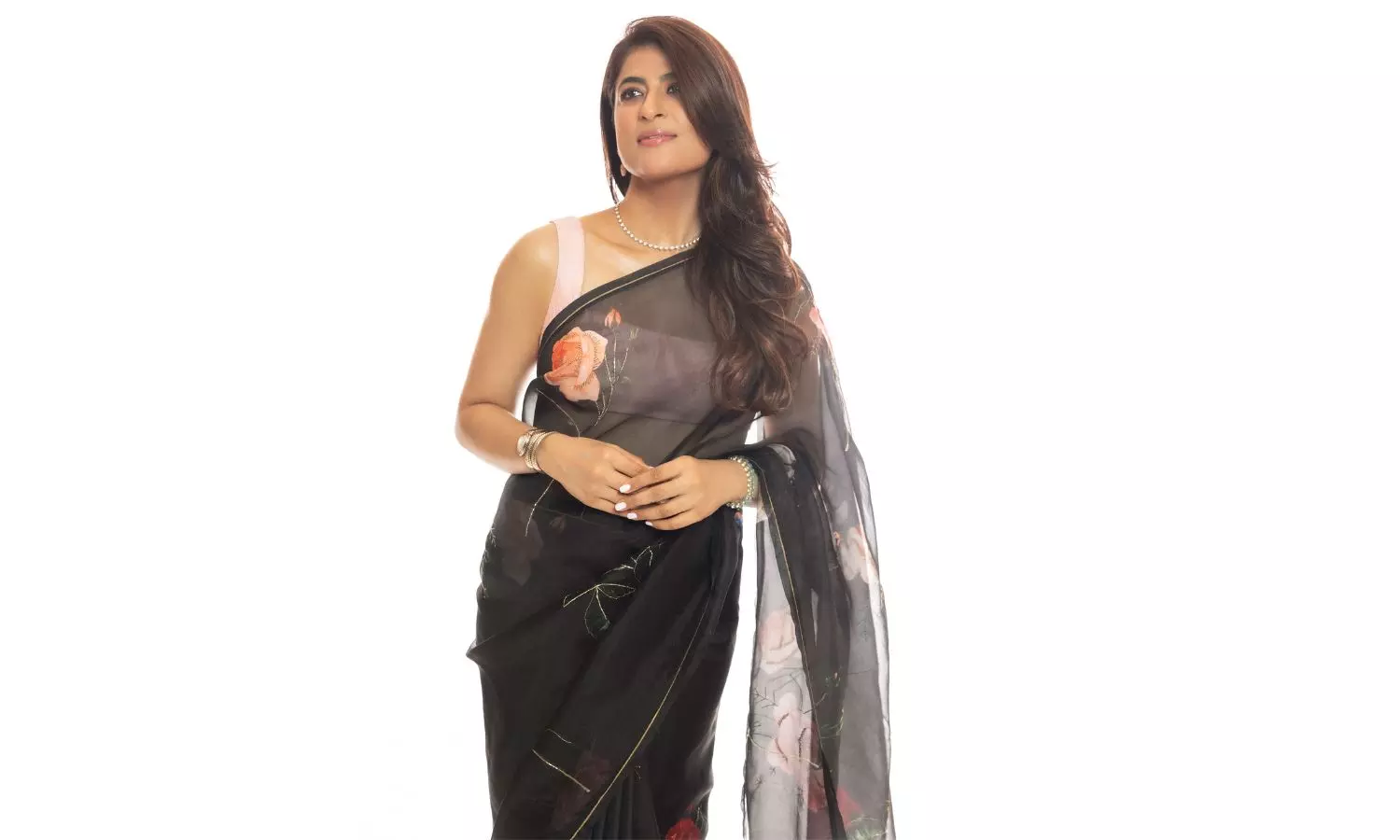
Tahira Kashyap is riding high on the success of latest hit—Sharmajee Ki Beti. In an exclusive conversation with Deccan Chronicle, she reveals why her movie struck a chord with the audience.
From theatre, teaching and radio to storytelling, you have come a long way. What took you so long to make your first film?
What was the inspiration behind Sharmajee Ki Beti?
The inspiration behind Sharmajee Ki Beti is very honestly drawn from experiences that I have seen from close quarters and women in general. I am just so in awe of them from all the age groups. And one thing that was lacking was that we often see stories about women pertaining to a certain age group. But somehow below 20 and above 30, they cease to exist. So I wanted to write interesting stories about women from across different age groups and also share the fact that they have interesting lives and they can engage, entertain us, make us laugh and cry.
How did you balance writing and directing responsibilities?
Somehow, whenever I have written my script, it’s with a vision and little direction keeps happening while I am writing. I don’t think these are two different departments. One leads to the other, one is merged with the other. Even when you have written the script and you are on set, you are still jamming when it comes to the dialogues or how the scene should be shot. So writing scripts and direction are part of the journey. But otherwise writing—whether it’s books or stories in my head or whatever I write, I think that eventually leads me to my screenwriting. I need to write every day to be able to practice. So it’s hard, it’s not about balance, it’s about actually committing to writing, which I enjoy doing.
The film features a talented ensemble cast. How did you decide who’s playing what?
The movie tackles various themes, including womanhood, identity, and relationships. Can you elaborate on your approach to addressing these topics?
Yes, it does deal with womanhood, identity, relationships and much more. But my approach to addressing these topics was subliminal. I was just telling someone, I have heard lectures all my life and even given lectures as a professor. Now, I don’t want to do any lecture with my filmmaking. There are interesting stories of women and things I really wanted to speak about at length—it’s just sort of subliminally crept into the scene and without it sounding verbose or preachy. That was the idea and that’s my way of filmmaking—there is little satire, humour and it’s laced with messages that I actually want you to take back home. But it will never be in your face.
What does it mean to you to receive such positive reviews for the film?
It means the world to me to receive such positive reviews. I think it was made from the heart and that’s the only reason why it’s getting so much love, because it’s managed to pull some heart strings, and that was the idea. I couldn’t have been more grateful. And it’s what every filmmaker, every artist works towards—getting appreciation and it is a way of validation, of course!
Your husband, Ayushmann Khurrana, showed his support for your film on social media. What does his encouragement mean to you, and how has he influenced your work?
What next after Sharmajee ki Beti and what’s the best compliment you received for the movie and the most ridiculous thing you read about yourself
Every day is a new surprise and I get such sweet compliments. But one thing that remained with me was from my friend in Singapore, who has a 12-year-old son who said that after watching the movie with him, it made it easier for her to have conversations around menstruation with him and so the entire thing was very comfortable for him to watch. She hopes he becomes a better human being after watching this so that he can empathise with his classmates even more. That was the biggest compliment for me. If she and a child can watch the film together, they can enjoy it as much. Somehow after watching the film, there’s something that the boy has taken away, apart from the humor, but also there’s empathy, I think that’s a big battle won.
